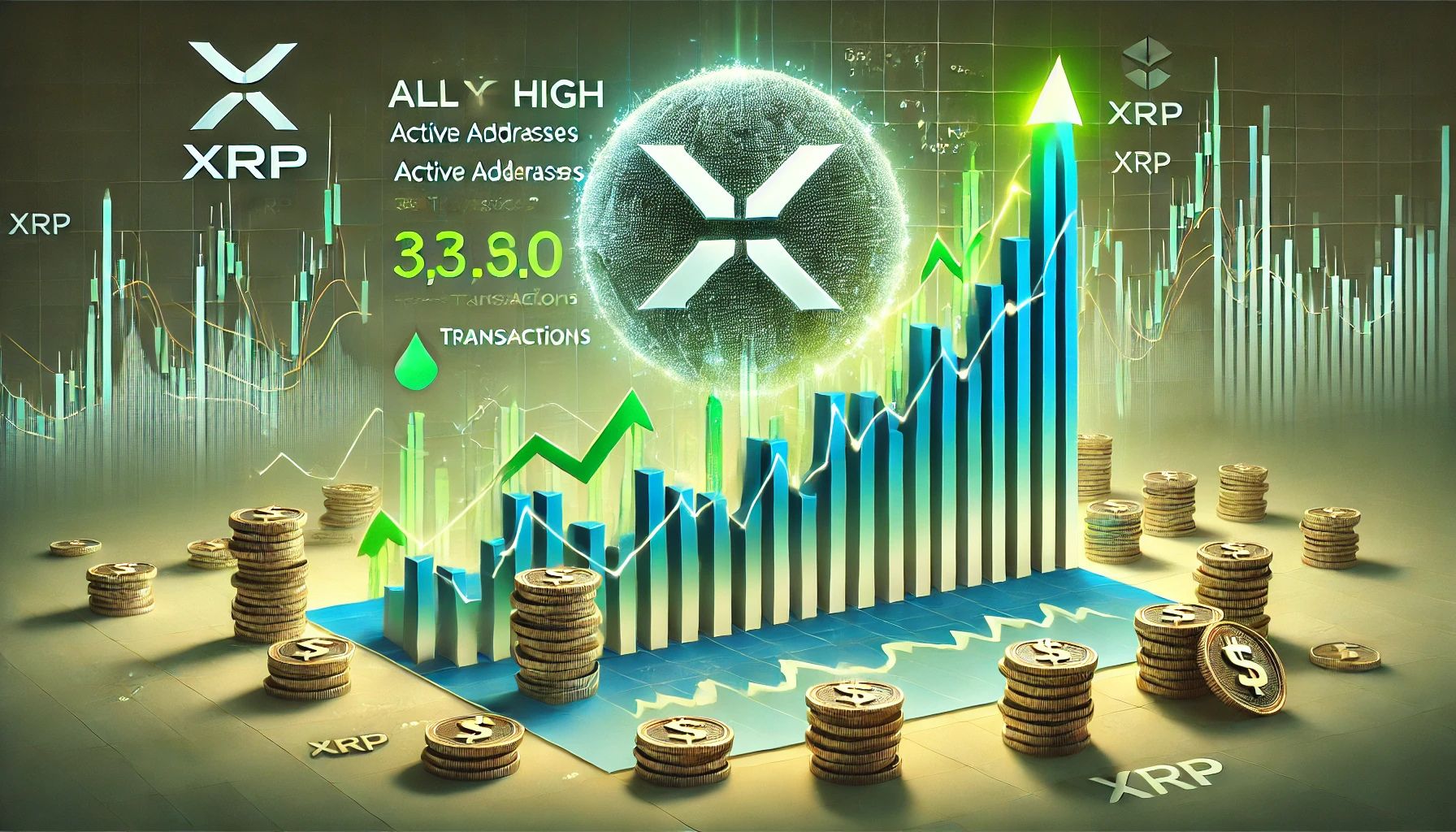Bitcoin and the Weaker Dollar: A New Era
In a recent investor note, Bitwise Chief Investment Officer (CIO) Matt Hougan has put forth an intriguing perspective on the relationship between Bitcoin and the US dollar. With the Trump administration’s push toward a weaker dollar, Hougan argues that the world’s first decentralized digital currency could potentially benefit significantly.
The Dollar’s Long-Standing Role
For decades, the US dollar has held the title of the world’s reserve currency. This role has granted the United States several advantages, including the ability to borrow in its own currency, and the capacity to influence global economic policies through the Federal Reserve. However, this dominance may be at risk as the Trump administration’s economic policies lean toward a weaker dollar.
Why a Weaker Dollar Matters for Bitcoin
The value of Bitcoin is often compared to gold due to its finite supply and its role as a store of value. Historically, gold has been seen as a safe haven asset during times of economic uncertainty and inflation. With a weaker dollar, inflation could become a concern, leading investors to seek out alternative assets like Bitcoin and gold.
Potential Benefits for Investors
- Safeguarding Wealth: As the value of the dollar decreases, the value of Bitcoin, as a finite asset, could potentially increase, providing a hedge against inflation and currency devaluation.
- Global Adoption: A weaker dollar could also boost Bitcoin’s appeal to international investors, as it becomes a more attractive alternative to holding dollars.
- Institutional Interest: With major institutions like Fidelity, Grayscale, and Square showing increasing interest in Bitcoin, a weaker dollar could accelerate this trend, driving up demand and price.
Impact on the World
The potential effects of a weaker dollar on the world extend beyond just Bitcoin. Here are a few potential scenarios:
- Trade Tensions: A weaker dollar could exacerbate trade tensions, as countries with strong currencies may be less inclined to import goods from the US, potentially leading to a decrease in demand for US exports.
- Global Currency Wars: Other countries could respond to a weaker dollar by devaluing their own currencies, leading to a potential currency war.
- Geopolitical Instability: A weaker dollar could also lead to geopolitical instability, as countries with large dollar reserves may face economic challenges, potentially leading to political unrest.
Conclusion
The relationship between Bitcoin and the US dollar is complex and multifaceted. With the Trump administration’s push toward a weaker dollar, the potential benefits for Bitcoin are significant. However, this could also lead to a host of challenges for the global economy. As always, it’s essential to stay informed and consider the potential risks and rewards before making any investment decisions.
Stay tuned for more insights on the world of Bitcoin and finance. Until next time, happy exploring!





